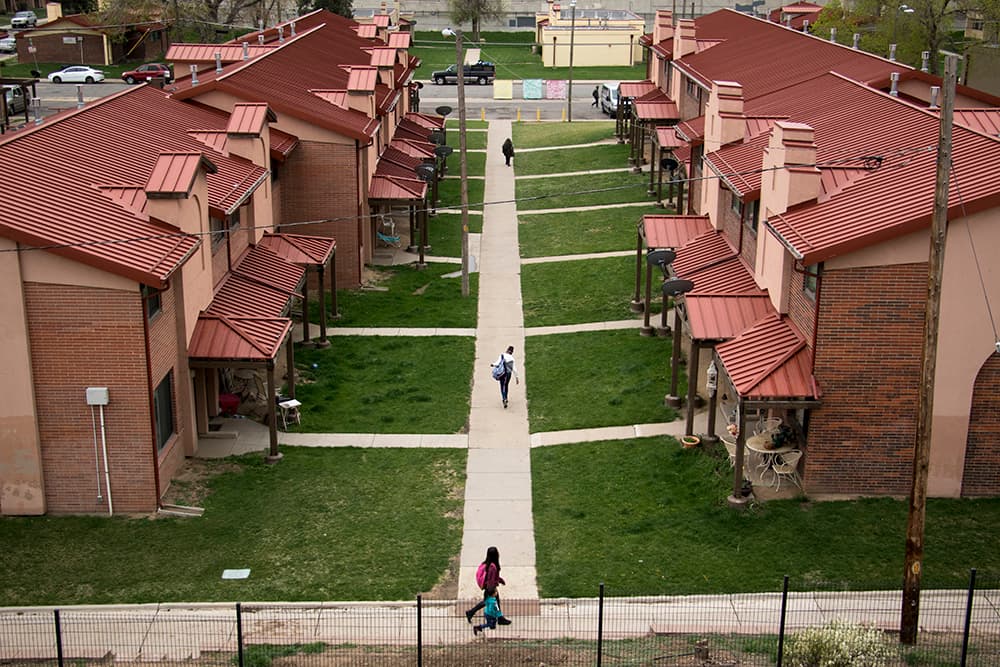Denver City Council District 3 is home to one of the most iconic venues in Denver, Broncos Stadium at Mile High. It's home to the 11th richest football team in the NFL, which in 2018 brought in a reported $427 million in revenue.
The district is also home to the Sun Valley neighborhood. It's one of the poorest neighborhoods in the city.
Census Tract Data for 2012-16 showed 79 percent of the neighborhood lived below the poverty rate. While the neighborhood is slated for some major development, it shows the wide difference in economic inequality in the district -- and in a larger sense, the city as a whole.
So a new face is poised to step up and figure out how to best address these and other concerns in the district. Candidates Veronica Barela, Annie Martínez, Raymond Montoya and Jamie Torres all seek to replace term-limited Councilman Paul Lopez, who's running for city clerk and recorder.
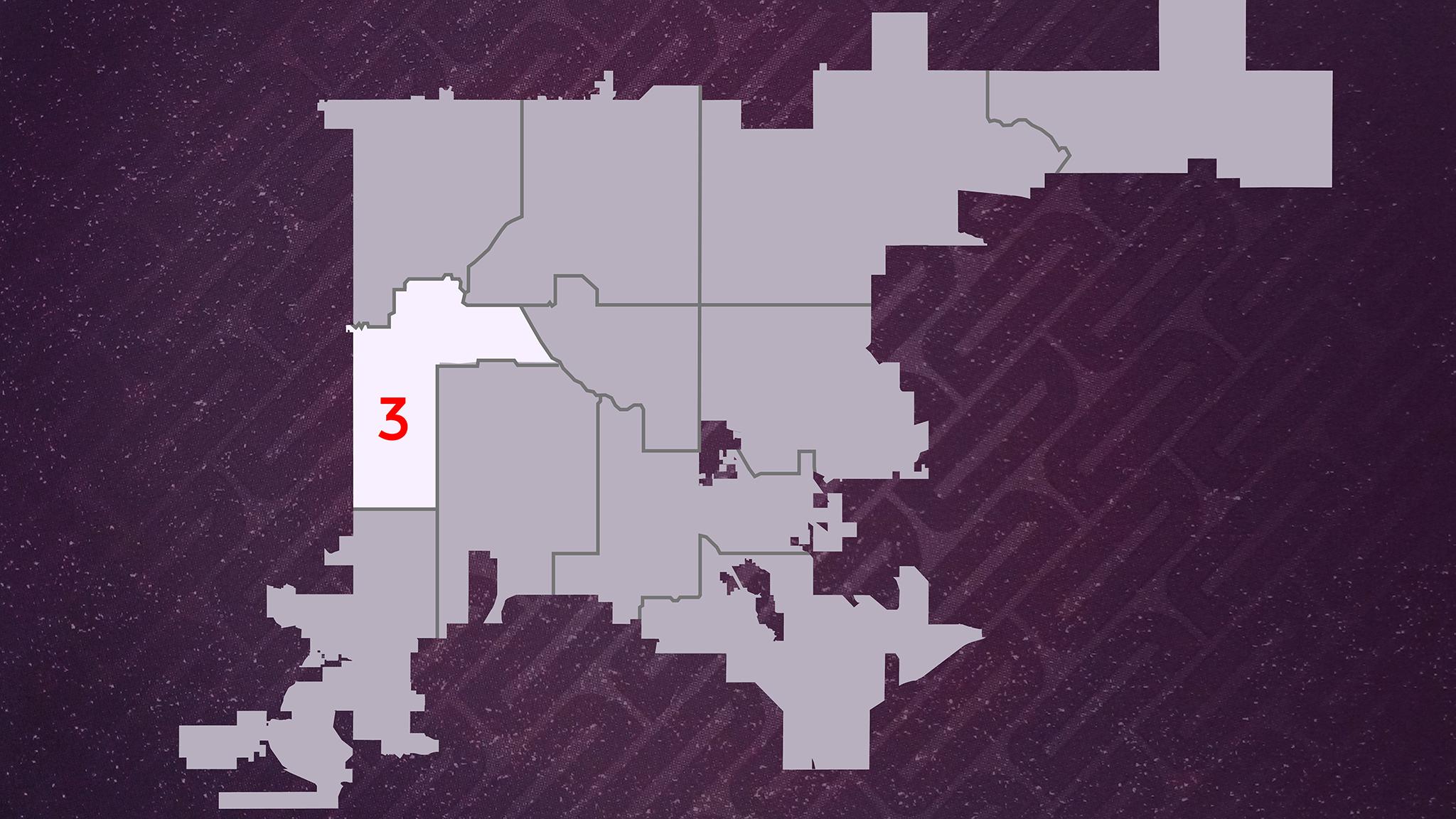
All four candidates told Denverite in previous interviews they're hoping to address issues of gentrification and housing, chiefly improving more affordable housing options, and ensuring residents in an area has historically been home to a large concentration of Latino residents aren't displaced by development. The district includes Barnum, Barnum West, Lincoln Park, Mar Lee, Sun Valley, Villa Park and Westwood.
Veronica Barela
A longtime figure in La Alma-Lincoln Park, Barela is a community organizer with four decades of experience in community development. She previously served as president and CEO of Newsed, a nonprofit community development corporation she said helped 2,500 people into homeownership through house counseling services starting in the 1990s.
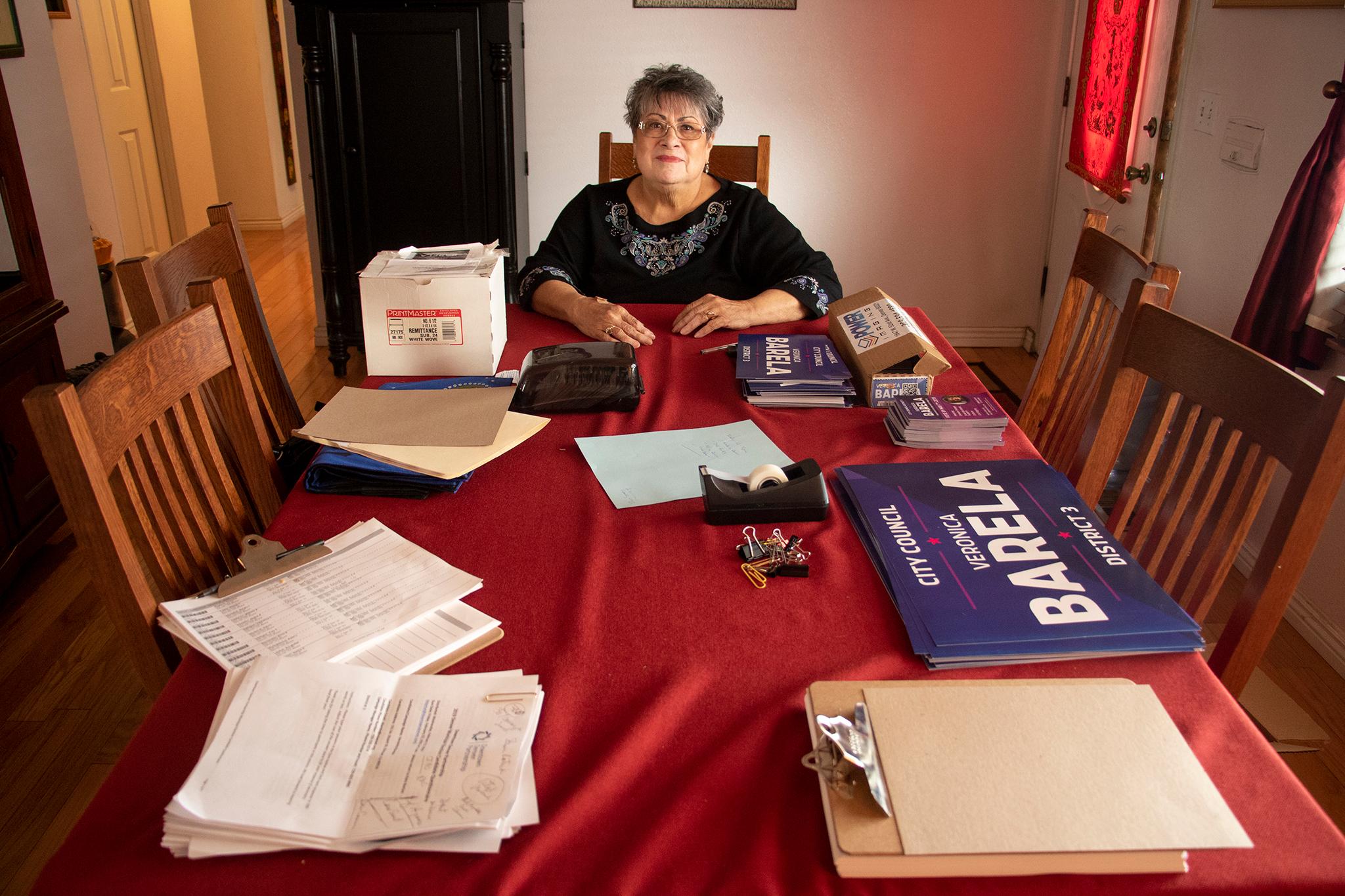
Her goal on the council will be to improve the city's housing stock. She wants to curb gentrification in the district, and expressed concern it might be too little too late for some areas. She will push for developers to include more affordable housing units in their buildings and educate more people about homeownership, which will include teaching people more about when they should and shouldn't sell their homes.
"It's scary because it's pushing people of color out, it's pushing elderly people out, and it's pushing poor people out and creating a habitat for the homeless," Barela said.
Annie Martínez
The daughter of Cuban immigrants who first settled in Miami, Martinez is an attorney who works in child welfare law. She's also worked part-time as a public defender in Denver, which is work she said helped her see the city didn't have the right approach to homelessness. She opposes the city's urban camping ban, which could be overturned by Denver voters in May.

"I'm really trying to hear the voices of the community, and trying to be the referee between development and profit and community," Martinez said in an interview last year.
She's said this week she wants to "pump the breaks" on gentrification in the district, which she said has neighborhoods where it's already happening and places that will be vulnerable to it, West Colfax. She's not anti-development, but said she wants more community input when it comes to certain projects. She wants to balance development coming from "outsiders" with the needs of people already living in the district.
And she wants to do away with the linkage fee allowing developers to opt-out out of building affordable housing units.
"It just needs to go. They need to be obligated to build those units," Martinez said.
Raymond Montoya
The first registered candidate for the seat, Montoya is transportation specialist for Sheridan School District No. 2. He named affordable housing as his top priority.
"We have a lot of issues that have risen to the level of a crisis," Montoya said this week. "It's not only housing, mental illness -- it's education, affordability. I think it's a bunch of things."
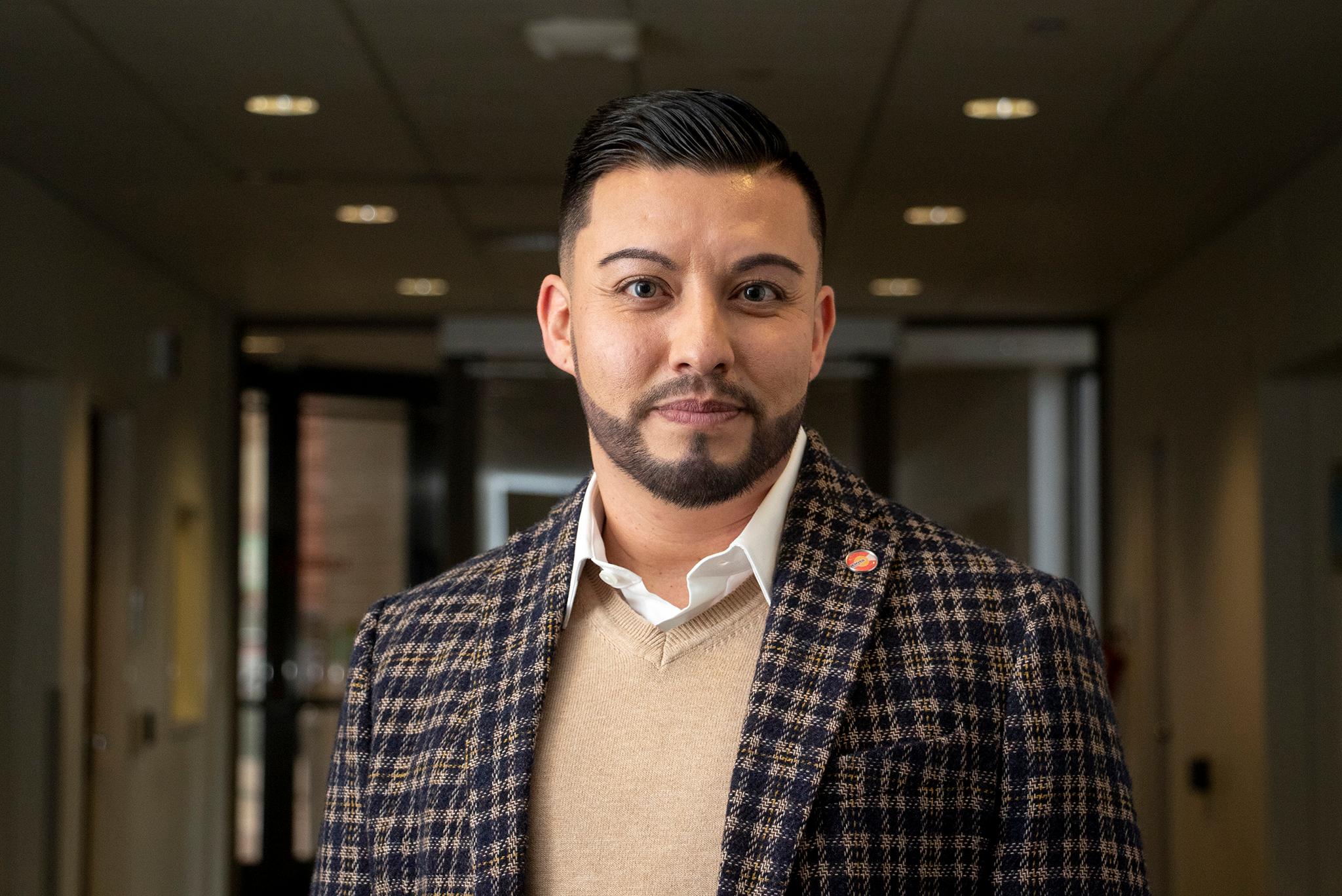
He said he's spoken to "hundreds" of district residents, many of whom express how vital housing is to a good quality of life. But even defining what "affordable" means can be problematic; he wants more transparency about what this means when developers start pitching projects in the district. One way he wants to clarify "affordability" is by pushing for more incentives for developers to add units for folks making 30 to 40 percent of the area median income.
He knows this will be an uphill battle, but it's part of his overall plan for more "community-led policies."
Jamie Torres
Torres is currently the chair of the Denver Housing Authority. She was born on the west side and later joined the city government in 2001 as an investigator for a police oversight group before becoming a director at a community support office. Her work helped shift the office's focus to immigrants and refugees, culminating in new commission and new grants helping community members.
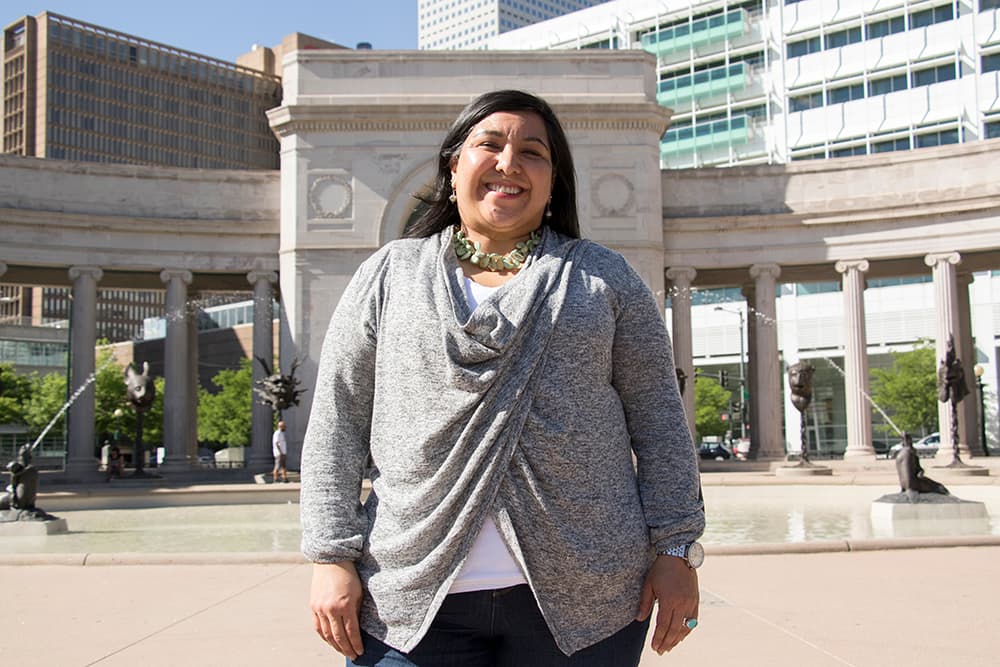
She detailed her approach as a council member: "I think you've got to be both optimistic, inspirational, and still have a healthy sense of skepticism."
She wants to keep current residents in place, and specifically called out places like Sun Valley and Westwood, where she wants people who've been living there to benefit from the recreation center once it's completed. She will continue pushing for more investment in affordable housing and renter protection while looking for a middle-ground on development. Helping people find better jobs will be another focus.
Who's got money?
Barela's campaign has raised $32,475 during the election cycle and had $16,670.87 at the beginning of the reporting period last week.
Torres isn't far behind, having raised $27,959 during the election cycle, with $9,944.84 on hand at the beginning of the reporting period last week. Torres made a one-time donation to her campaign of $125 in May 2018.
Martinez has raised just over $2,400, a majority ($2,119.71) of which she contributed out of her own pocket.
Montoya's political committee has raised more than $4,500. Records show he donated $25 to his campaign in April 2018.

